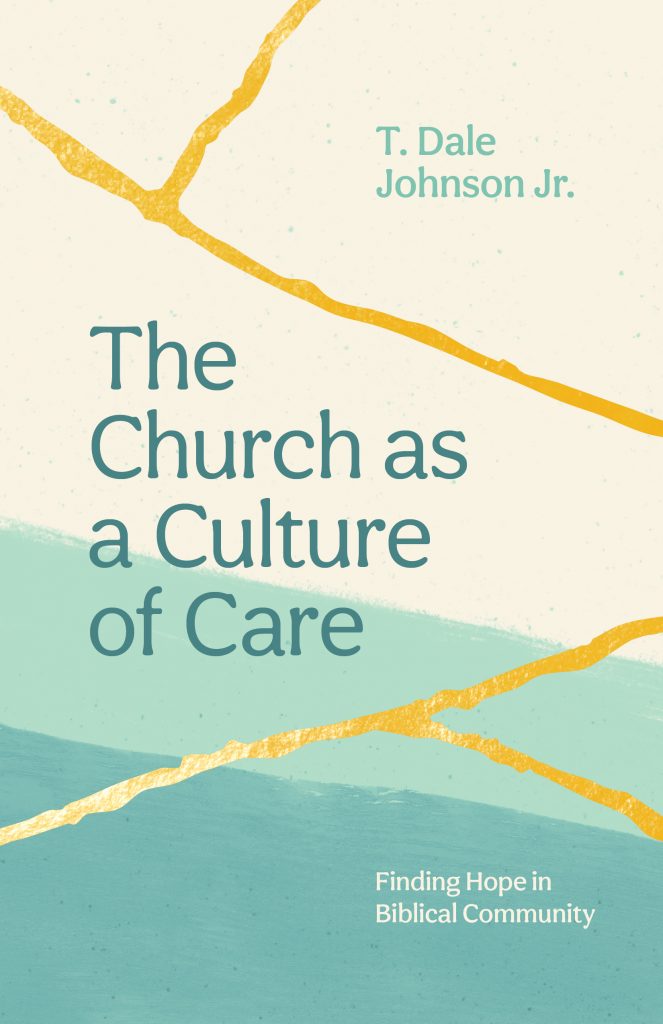Cultures are built upon conventional wisdom formed by accepted values, shared beliefs, common practices, and prevailing goals. Different places in different times in history had distinct cultures that guided life on a day-to-day basis. As I have traveled, it is very apparent that there are differing values and practices than I was accustomed to growing up in the southeastern portion of the United States. I have noticed even in the midwestern part of the US, where I live now, folks talk a little differently (they have the accent, not me!), use variations of slang, have different family traditions, and other minor distinctions that create slightly different elements to the culture.
Sometimes we describe these distinctions by different cuisines, different customs, different languages, or different styles of living. In Christian ministry, we even train missionaries to be aware of “culture shock” as they prepare to enter a country different from their own.
Church Culture
Churches also have a culture of their own. Do you remember the “worship wars” of several years ago, when churches would bicker over the contemporary or traditional forms of singing during the worship service? Behind those struggles were different ideas about what the culture of the church should be. Many things are part of building the culture of a church. It might be the location of the building, the setting of the stage, the type of pulpit the preacher uses, or the order of the service. The church may be known for its preaching or music. A church may be known for its outreach or the community involvement. All of these elements contribute to the culture of the church. Any outsider coming into a church will sooner or later realize what the culture of your church is. It’s what you will be known for to the outside world.
The culture that grows within a church does not happen accidentally. Culture is a fostered entity among a fellowship of believers. And once culture is established, it can be hard to change. Trying to change the culture of a church can be a significant and difficult task for even the most seasoned elders and leaders. There are so many things that can contribute to church culture, but Jesus tells us the most important thing that the church should be known for. He said in John 13:34–35, “A new commandment I give to you, that you love one another; just as I have loved you, you also are to love one another. By this all people will know that you are my disciples, if you have love for one another.”
How Are We Known?
Are we known by the way in which we care for one another? We are known for all sorts of things, but this one particular demand of Christ seems to slip by as an optional piece of the values, behaviors, and goals which should shape our interactions among the fellowship of brothers and sisters. While we may critique one another for various preferences with how we do church sometimes (rightfully so), we must not forget that one of the primary ways we are to be known is as a family of people who deeply love and care for one another.
We can be a church that has sound preaching and theologically accurate worship, but without this type of love and care for one another we are a clanging symbol to each other and the world. The culture of our church is important because it conveys, intended or not, what we value as a body of believers. We may disagree over some of the particulars of how the church should function, but one thing that is nonnegotiable is that we should be a people known as disciples of the Lord Jesus because of the way we love and care for one another.
The Church as a Culture of Care
Care Is Natural
Caring is an instinctive response to hurting and pain. The human desire to care can be viewed as a common grace of God. Even those we consider most vile have companions within their inner circle for whom they demonstrate care and concern. This is not to say that the way in which evil people offer care is unaffected by sin, but simply that the instinct to care for those hurting is as natural as falling asleep after the sun sets.
Take, for example, a man with the hardest of hearts, and watch him hold his firstborn child. In a way that little else can, his newborn can melt his rigid heart. He will fight anyone or anything that would attempt to cause harm to his little child. His instinct is to care for and protect his child. Do you recall when you taught your children to ride their bike? You carefully guided them down the driveway or across the yard, holding tightly to the back of their seat and running as fast as your aged legs would move. The thrill of riding was worth the risk of their falling, but you kept special care to keep them from that scrapped knee or stitched head. If they began to fall, you did everything in your power to catch them, to protect them, to care for them. Offering care, even if for somewhat selfish purposes, is as common as a reflex. It is no wonder then that the secular culture attempts to offer care to those who hurt. As much as I critique the secular philosophies behind many counseling theories, the desire to offer care usually come from a heart that wants to help someone who is vulnerable, needy, and/or hurt.
Distinctions of Care
One area of common ground that Christians share with unbelievers is that we experience pain. We share health challenges, disappointments, emotional distresses, and even death. Yet, the Bible indicates that believers deal with those losses differently than the world. Paul reminds us that we do not have to “grieve as others do who have no hope” (1 Thessalonians 4:13). We acknowledge that Christians share in all of the sufferings, weaknesses, and inadequacies common to all of humanity. What we disagree over is why we have those experiences, how we should describe those experiences, and what we should do about them.
As Christians we believe that the problems of this world are rooted in humanity’s rebellion against a holy God. Our whole being—the inner and outer person—suffers tremendously due to the results of human sin. Christians must not live divorced from these scriptural truths. That is not a denial of our problems, but the correct context to explain the root of the various problems we have as fallen human beings. This is the broad biblical answer to why we struggle. If we leave out a proper doctrine of sin in our explanations of the primary causes of human problems, then we tend to describe those experiences in secular terms.
Why is it so important to use biblical categories in describing human problems? Because when we describe our problems using secular categories and labels, we tend to seek the solutions provided by secular wisdom.
Biblical Considerations
Every aspect of the work of the church is intended for the glory of God and to care for souls.
“By this all people will know that you are my disciples, if you have love for one another.”
John 13:35
We are called to love each other deeply the same way Christ loves us. Christ’s love for us is not merely reciprocal love, which has little cost attached to it. Instead, the love with which Christ says we are to love one another is a demonstrative, sacrificial love. This is not a natural type of love in a sin-cursed world, but it can become so among believers in the church because Christ has redeemed us and made us new. He has loved us first, so we can pour out his love from our hearts to others.
The way that the New Testament describes pastoral work demonstrates that the church is the means that God uses to pour out his love in care for sinners and sufferers. Consider the following passages:
Even this brief listing of a few relevant texts points to the care of souls as the church’s responsibility. Pastors are called and responsible to care for the souls of God’s flock. They are to do this through prayer and ministry of the Word so that sinners will be reconciled to God and saints will be matured and helped. They are to do this with joy because they will give an account to God for this most important work.
Excerpt adapted from The Church as a Culture of Care ©2021 by T. Dale Johnson, Jr, published by New Growth Press. May not be reproduced without prior written permission.
The Church as a Culture of Care
We all know people in our world are struggling—eating disorders, addictions, depression, sexual issues, marital problems—the list goes on and on. Can the church help or is that an outdated concept that no longer fits modern problems? In The Church as a Culture of Care, biblical counselor Dale Johnson explains that the church is still the primary place where those who struggle can receive lasting hope and healing.
Photo by rawpixel.com151k resources on FreePik






